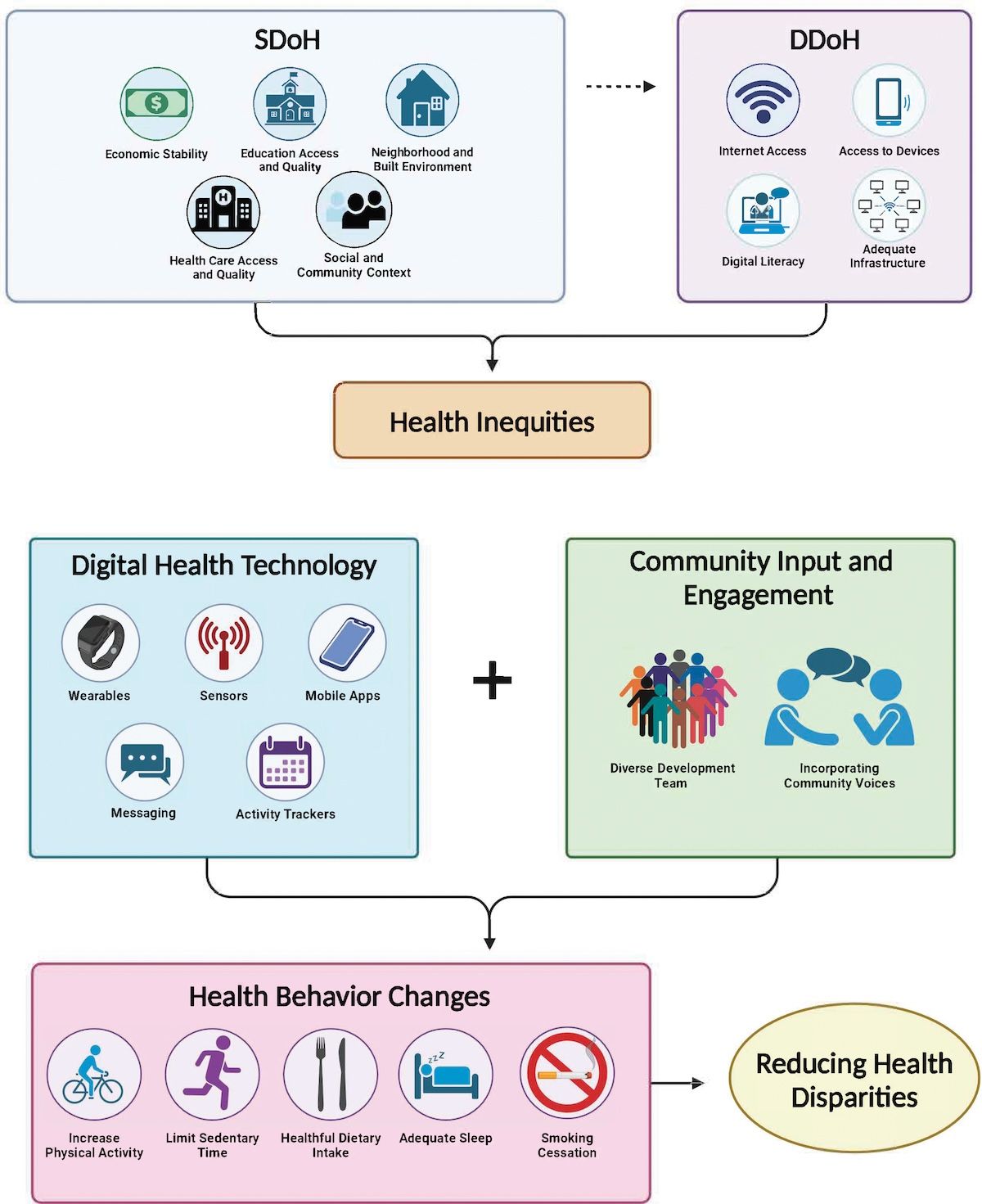
Remote Patient Monitoring
Latest News
Latest Videos

CME Content
More News
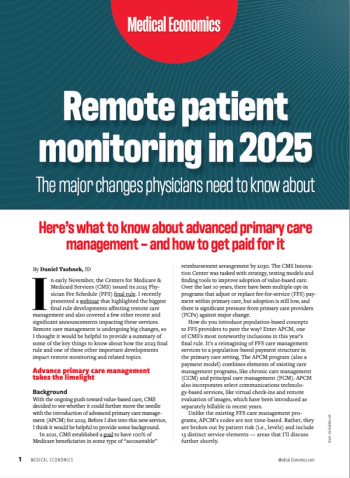
Industry analyst outlines how Medicare made a noteworthy inclusion in its 2025 rule.

Just 25% of patients who self-monitor their heart health discuss the data with their doctors.

As health care moves home, primary care physicians are stepping in to ensure care stays personal and effective.

Distributed technology for provider credentialing and patient identification can increase access to health care around the globe.

Artificial intelligence and personalized incentive structures are coming together to take pressure for treatment plan adherence off doctors’ shoulders.

The advent of telehealth and remote patient monitoring has created an opportunity to reassess how blood pressure control is measured and managed.

When possible, patients prefer to recover in their own beds instead of hospital beds, according to a new survey. National health care policy needs to catch up to patient need.
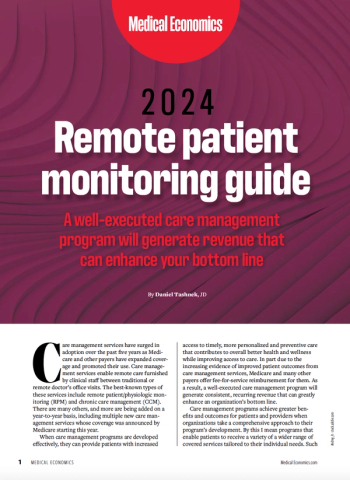
Industry analyst outlines care management programs for physicians.

True primary care is possible through a holistic model to telehealth. So why aren’t more companies embracing it?

How privacy technologies are unlocking critical data flows from stringent privacy requirements to accelerate improving patient outcomes in health care.

Remote care services offer opportunities for early intervention and reduce the need for in-person visits, unnecessary hospitalizations or emergency department visits.

Drive patient retention with remote patient monitoring.

Analysts explain potential for new billing codes that could give physicians more flexibility — and reimbursement — for remote monitoring programs.

Ongoing communication with care providers enables earlier detection and treatment of health problems
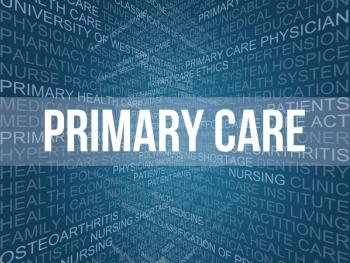
‘Finger on the pulse’ study compares four factors that can lead to better outcomes for patients.

How technology providers, researchers, administrators, and facilitators view the possibilities.
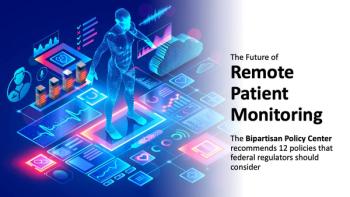
Bipartisan Policy Center issues guidance on best ways to use emerging technology.

CMS final rule supports reimbursement for remote patient monitoring by FQHCs and RHCs.

Closing gaps in care and keeping patients out of the emergency department and hospital is vitally important. An expert explains how remote patient monitoring can help.

Health care execs see technology benefitting patients and their own bottom lines


Leveraging the power of remote patient monitoring, providers can accomplish keeping patients out of the ED while redefining patient engagement and treatment strategies.

Technology has proven beneficial for treating chronic conditions and generating data. But changes in reimbursement could be coming in 2024.

We're in the era of online healthcare, but who's paying for it? And how much?

People, process, technology and finance are keys to success

